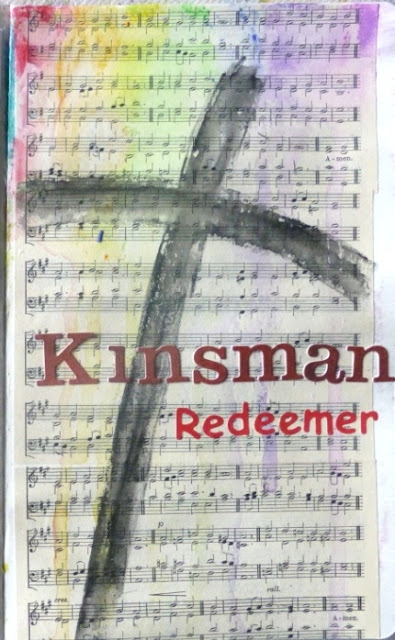Apart from some isolated bright spots, the period of the judges was a dark time in Israel’s history when ‘everyone did what was right in his own eyes’ (Judges 21:25). The people then asked for a king and Saul was put on the throne. However, his subsequent drift away from obeying God had severe repercussions both for him and the nation, and led to God looking for another man to be king.
God therefore told Samuel to go to Bethlehem and a man called Jesse ‘for I have selected a king for Myself among his sons’ (16:1). This was a surprising command but Samuel obeyed and in due course organised a selection panel for the new king among the sons of Jesse. The sons passed in front of Samuel. They were impressive young men in their outward appearance. Fit and with fine physique they would soon be serving in Saul’s army but God told Samuel that He had not chosen any of the seven (v10).
Samuel decided to ask Jesse if he had any more sons! David is then remembered. He was out in the fields near Bethlehem tending the sheep. He was brought back and immediately identified as being the chosen one. He, too, was handsome (v12). Crucially, though, he also passed the test of the heart, which was the factor God thought was most important (v7). Samuel anointed this shepherd-boy as king and some time later he would rule the nation.
A thousand years later some insignificant shepherds in the fields near Bethlehem would again be summoned to the town. They, though, would not be anointed as kings but instead would worship the King of Kings. Soon after that some magi from the East would travel to find a king. When inquiring in Jerusalem they would be told, as Samuel was a millennium previously, ‘You will find the King in Bethlehem’.
Further reading: Matthew 2:1-12 Luke 2:8-20
Worship video:
To think about:
We often believe the lie that we are insignificant. Why not remind yourself of what God thinks about you and that He has chosen you to come like the ‘insignificant’ shepherds to worship the king born in Bethlehem?
Creative response:
 | |
| Journal page by Bernice |
Please remember to go back to previous blog posts to see the creative responses that have been added. Click on the thumbnail pictures to view them.
Please share your creative response using the linky below. To use the linky click on 'Click here to enter'. You will need the URL from your own blog or from a photosharing website like Flickr. Alternatively share your response in the Facebook group.



